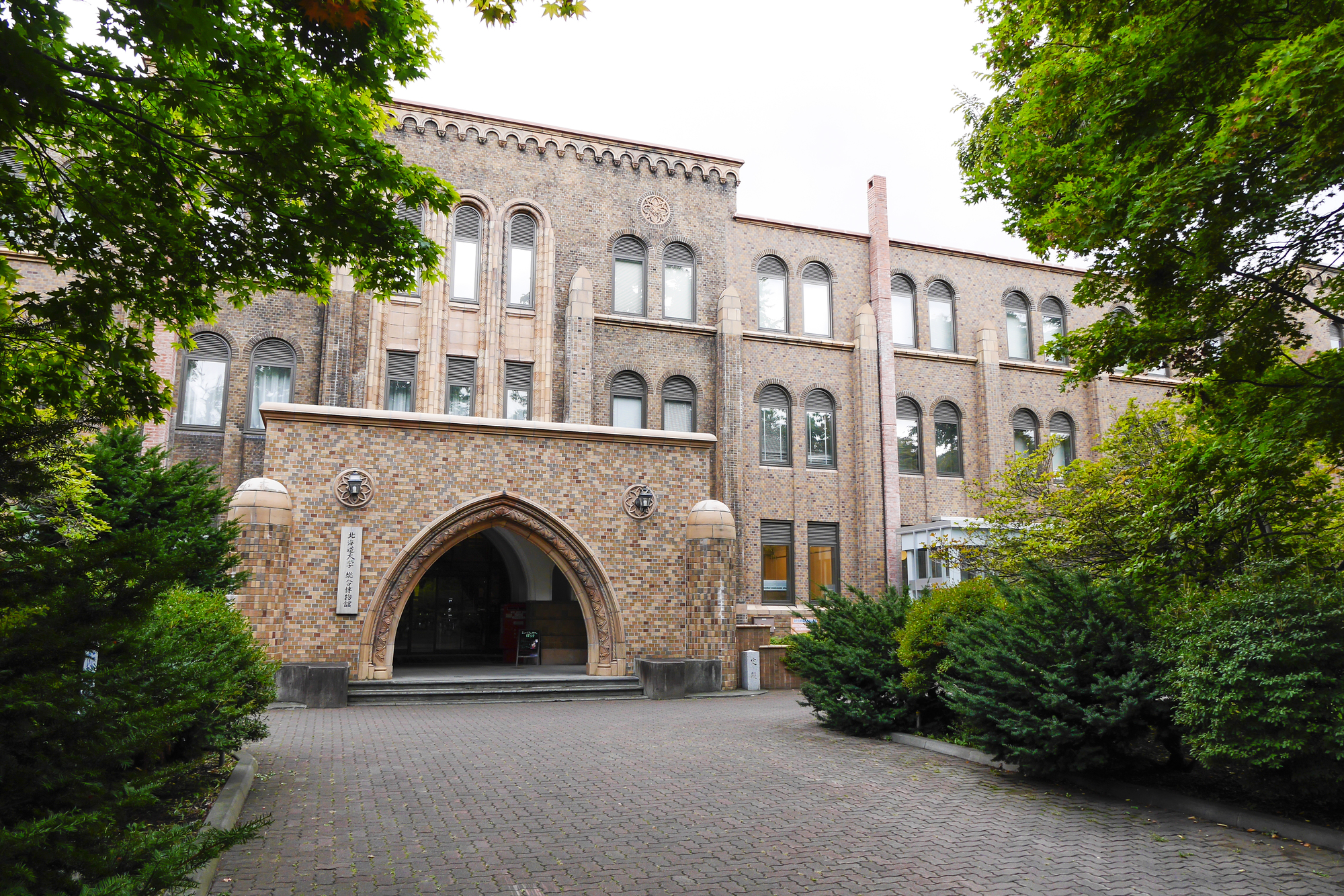A research group led by Associate Professor Makoto Kobayashi of the Graduate School of Hokkaido University conducted the world's first large-scale field experiment to investigate the effects of the earlier snowmelt due to global warming on plants in Hokkaido's forests.It was clarified that earlier thaw time increases the amount of soil nitrogen that plants can easily use and promotes the growth of bamboo grass, which has a high carbon dioxide absorption capacity.
Forests in cold climates are important sinks of carbon dioxide, but the thaw period is closely related to the growth of plants responsible for carbon dioxide absorption.Therefore, if the snow melts earlier due to climate change, the growth of forest-dwelling plants will be affected.Until now, however, most of the research has focused on the effects on small plants that are easy to handle in experiments.Therefore, the research group experimentally accelerated the thaw time of forests and investigated the effects on the growth of bamboo grass (Kumizasa) in mature trees and forest floor (ground surface in the forest) plants in northern Hokkaido.
In the research, a large-scale field experiment was conducted in which hot air ducts connected to large heaters were stretched throughout the forest to melt the snow in the entire forest (total of 1,600 square meters).As a result, when the snow melted about 10 days earlier, microorganisms in the soil became more active, creating more nitrogen in the soil that plants could use to grow in early spring.On the other hand, an increase in nutrients did not affect the growth promotion of large mature trees such as birch, but it was found to increase the growth of the part corresponding to the branch (culm) of Sasa by about 15%.
This indicates that the earlier snowmelt season has different effects on forest floor plants and adult trees. The importance of the evaluation ofIn the future, it is expected that the future climate regulation function of forests will be more accurately understood.
Paper information:[Ecosphere] Early snowmelt by an extreme warming event affects understory more than overstory trees in Japanese temperate forests

